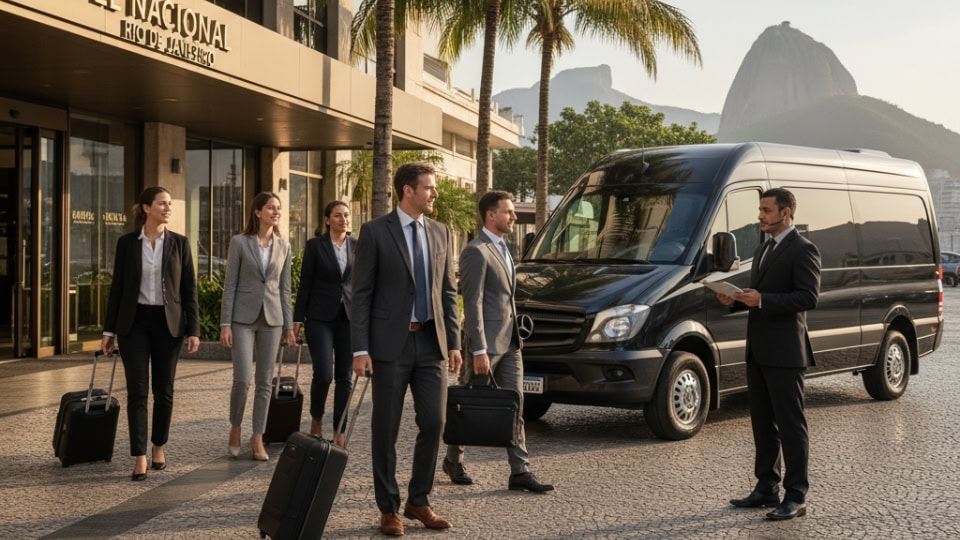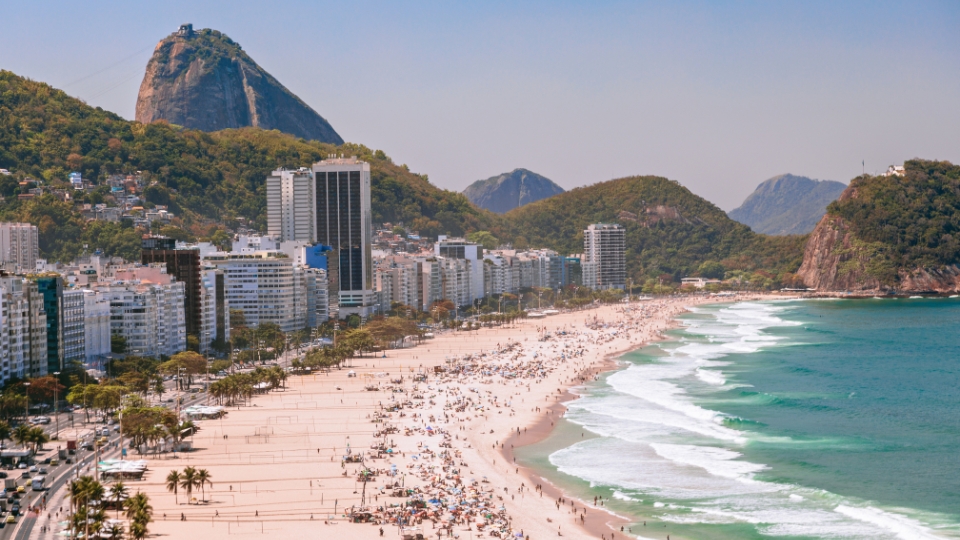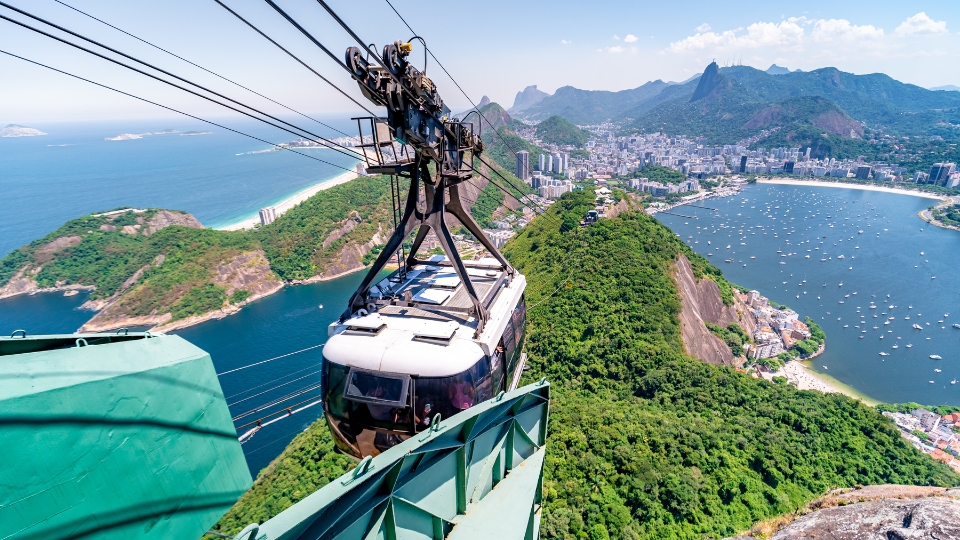This article explores why corporate security is an essential component of business travel and events in Brazil. It covers duty of care, common scenarios where companies engage bodyguard services, how security integrates with corporate risk management, and how agencies and partners can leverage it as a differentiator.
- People-focused protection: Executives and senior leaders often represent brand reputation as much as decision-making authority. Close protection and bodyguard services are therefore not only about physical safety, but also about preserving a company’s image and credibility in international markets.
- Mobility assurance: In cities like São Paulo or Rio de Janeiro, mobility can be as critical as security. Secure drivers, armored or high-end vehicles, and advance route planning minimize lost time and reduce exposure to unexpected disruptions.
- Event assurance: From shareholder meetings to international congresses, security planning ensures that access, confidentiality, and smooth execution are never compromised. Security becomes part of the event’s infrastructure, invisible to delegates but central to its success.
- Strategic intelligence: Corporate security teams integrate risk management consulting, providing situational awareness that helps leadership teams make informed choices. This proactive dimension is what distinguishes corporate security from ad hoc protective services.

Thinking of corporate security as an enabler of outcomes, rather than a set of services, better reflects its value to businesses.
- Delegations attending large-scale congresses often contract integrated teams that combine secure transport, site security, and liaison with local organizers, ensuring an uninterrupted program.
- Regional incentive trips are frequently accompanied by discreet oversight, where the emphasis is on seamless hospitality supported by behind-the-scenes security coordination.
- Board-level offsites in destinations like Bahia or Rio combine privacy with risk management consulting, ensuring discussions remain confidential and participants are fully focused.
- Corporate roadshows and investor meetings rely on synchronized security drivers and bodyguard services, creating punctual, stress-free schedules across multiple cities.
These applications show that corporate security is not a reactive measure. It is a strategic tool companies use to guarantee that business events and objectives in Brazil unfold exactly as planned.
- Preparedness: security briefings and intelligence reports before travel.
- Assurance: trained professionals on the ground, ready to respond.
- Continuity: ensuring meetings, events, and schedules are not disrupted by unforeseen issues.
- Compliance: alignment with corporate travel policies and global HR standards.
Corporate security is a practical tool that helps global companies meet both compliance standards and traveler expectations.
- Minimized downtime: secure drivers and optimized routes reduce travel delays.
- Reputation protection: executives can participate in events without security concerns overshadowing engagements.
- Operational continuity: corporate security ensures that conferences, incentives, and meetings run smoothly.
- Crisis readiness: security teams act as first responders, bridging local gaps in case of incidents.

Risk management is not only about avoiding problems – it’s about ensuring the business mission is achieved without compromise.
For travel agencies, DMCs, and event planners, integrating corporate security into their offering provides a strong competitive advantage. High-end clients increasingly demand more than logistics – they want assurance.
- Stronger positioning: agencies can market themselves as full-service providers.
- Client retention: offering corporate security builds trust and long-term relationships.
- Revenue diversification: premium services allow for new revenue streams.
- Differentiation: in a crowded market, safety and assurance can be the deciding factor for clients.
Including corporate security is less about highlighting threats and more about demonstrating reliability, reassurance, and premium value.


